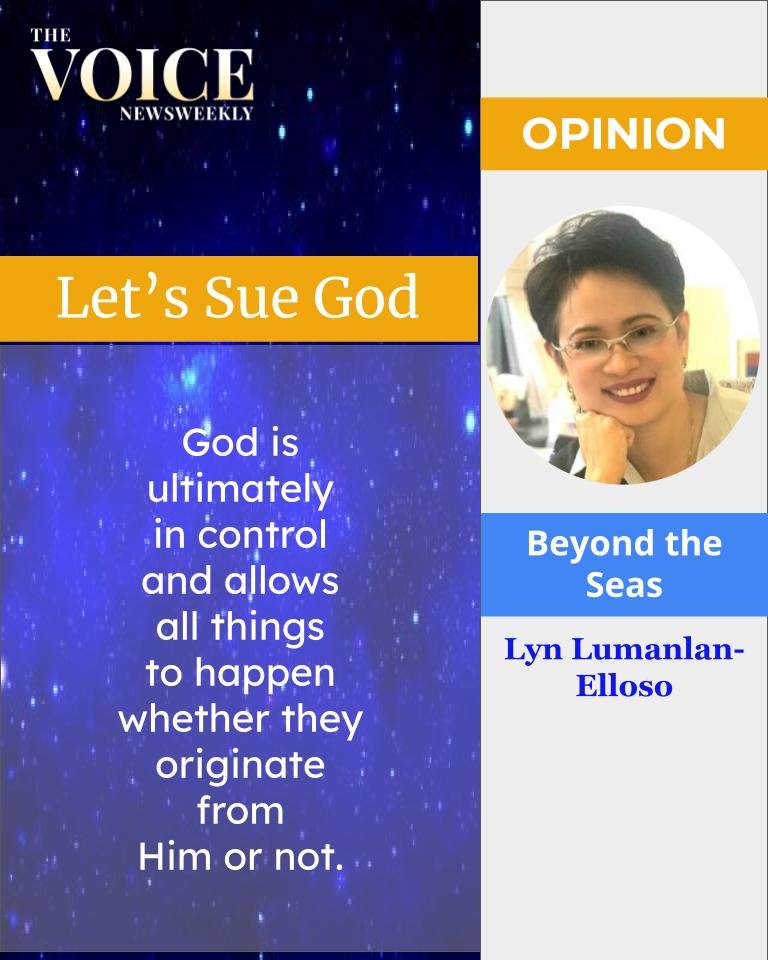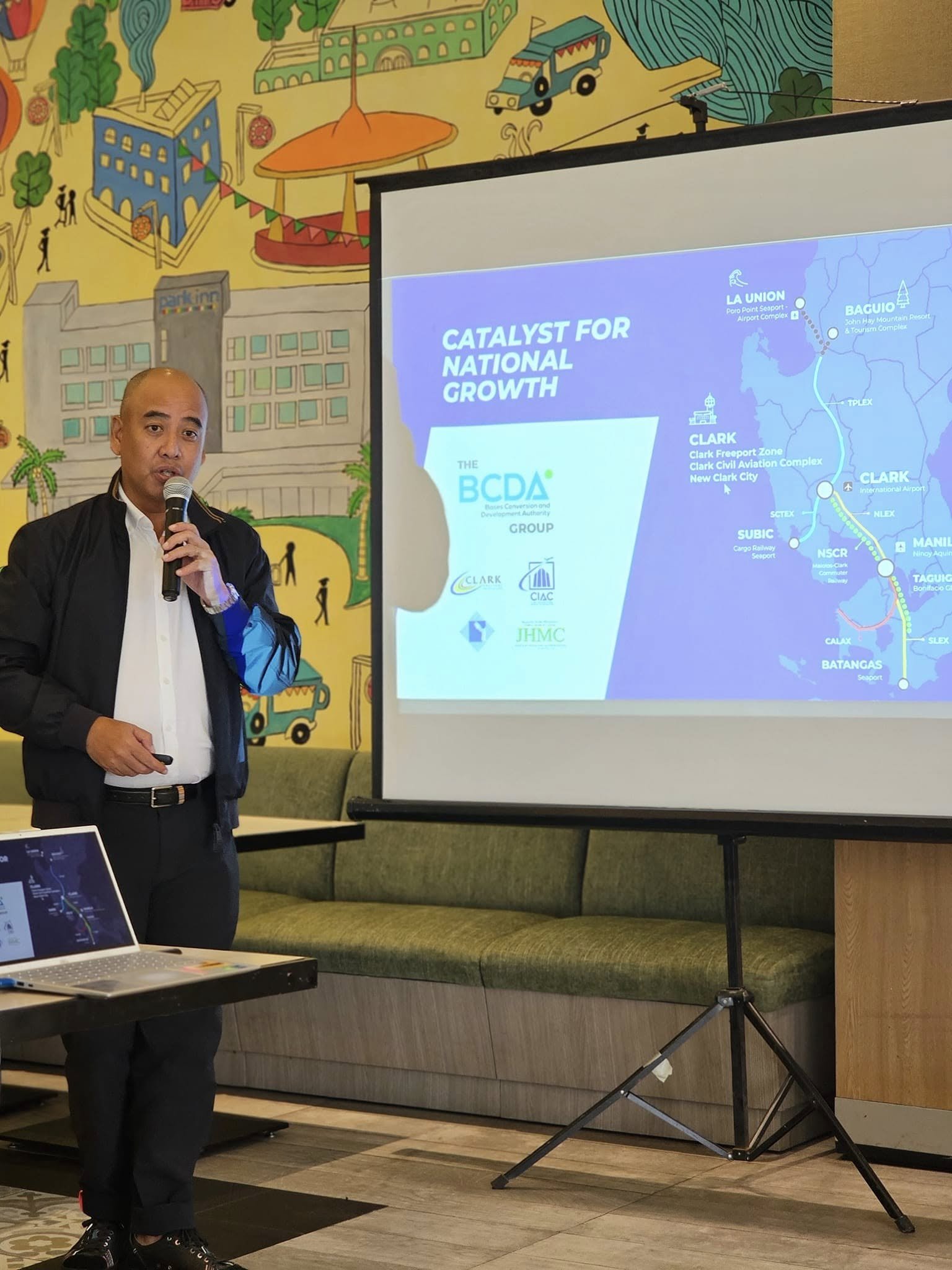Beyond the Seas
By Lyn Lumanlan-Elloso
When I got home from work on a stormy Friday, I noticed the unusual inflow of water on our driveway. The rain has been unceasingly intense since I woke up in the morning and throughout the day.
If you have lived in Auckland, New Zealand like me, it is not unusual to experience bizarre weather changes in one day. You can have hailstorms, ghastly winds at 200 kilometer per hour, sunshine or rainy weather — that can change at any given time.
My neighbor was frantic when the water level became abnormal as it started seeping through our wooden floors. But without much warning and in just a few seconds, water was filling the house so quickly and there was no time to waste. We had to evacuate our home, in a disheveled state without any clue where to go due to road closures and cars stranded in the middle of roads.
Within a matter of minutes, Auckland was in chaos and a state of emergency was declared for the whole region.
Disasters like these are common around the globe. Flooding and loss of homes are always in the international news. But when you have experienced it, your thoughts wander on the theology of disasters. Who do we blame? God, Satan, or humans who continue to be the cause of global warming and extreme weather changes?
Insurance companies call it “Acts of God” by which they mean natural disaster. This means that humans did not cause or could not reasonably have prevented the calamity. For insurance purposes, an Act of God could be a lightning strike that burns a home to the ground, a tsunami swamping a city or lahar unleashed by Mt Pinatubo. The implicit presumption is that no one is to blame other than God. So, let’s sue God and make the insurance company pay.
The reality is, when we cannot find answers as to why bad things happen to good people, we just blame God.
Surely He can pick and choose who to save and who to annihilate, right? The flooding of the whole earth in the biblical time of Noah is an example that God can just decide to wipe us out. If God was behind the destruction, could he not discern between the guilty and the innocent, or between believers of one religion or another?
This raises questions about God’s role in disasters. Surely God can differentiate between those who try to live godly lives and those who spurn Him and treat others unkindly.
As the world develops, population increases exponentially and technology is heightened, scientists point out to natural phenomena as the cause of all these disasters. Most kinds of human activities leave the indelible imprint on nature, whether we like it or not.
Humans could also be blamed for not being good stewards of the gifts given to us in this world. Deforestation, urban development, wetland destruction, industrialization, poorly-managed agricultural activities are some of the reasons for flooding.
What about Satan? Didn’t God say in the beginning that everything He created was good and when sin entered into this world, it was all corrupted?
Disasters of nature were never there in the Garden of Eden but have become commonplace on earth thereafter. Could we then say that they are the result of sin? Would that be a stretch? If we say that natural disasters are a result of sin, then Satan would have to take responsibility for it all.
If only God intervened every time we could be hurt, much pain and suffering could be avoided, but our free will would then be an illusion. Whether it is God, Satan or mankind is to blame does not really matter.
God is ultimately in control and allows all things to happen whether they originate from Him or not. It is difficult to discern His grand plan. One of the greatest challenges we have as Christians is to somehow continue to believe God and to trust Him in the midst of harrowing devastation.
We build our homes on solid foundation, but they can be taken away in a blink of an eye. Instead of focusing on material things, we should build our faith on a solid rock. Whether we die in a natural disaster, health issues, accidents or acts of terrorism, what is most important is that we solidly stand on the rock of Jesus.
He is the one who can take us through life and death and whatever storms come our way.











